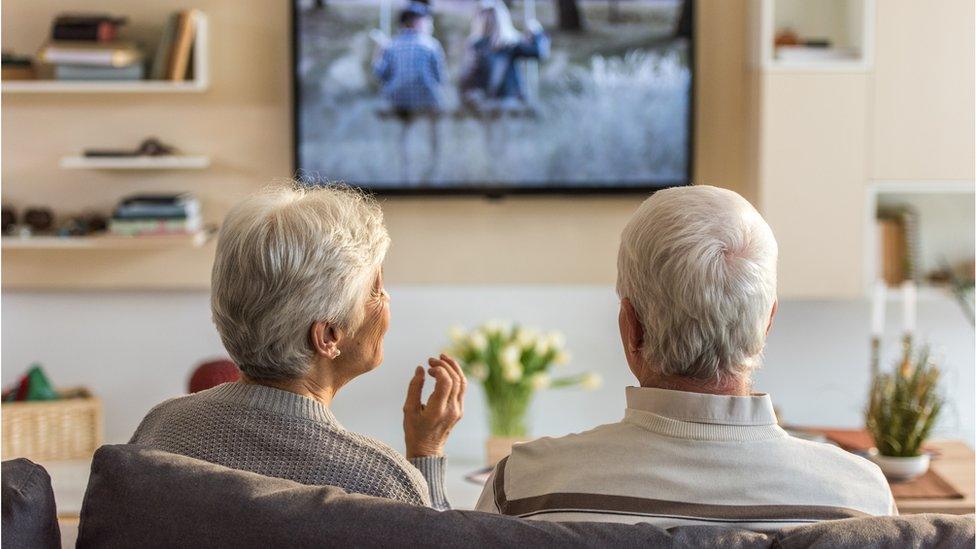Low-paid public sector workers to get £250 pay rise
- Published
- comments
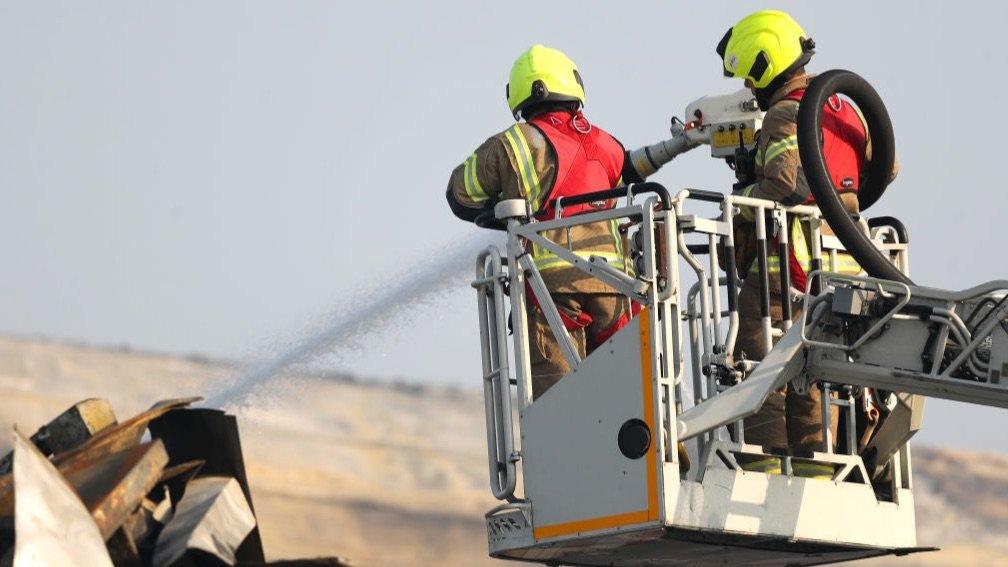
Fire fighters will be affected by the pay freeze
Some 1.3 million public sector workers will see a pay freeze next year, but low-paid and NHS staff will get raises
Chancellor Rishi Sunak said he could not justify across the board rises when many people in the private sector had seen cuts in pay and hours.
However, he said 2.1 million public sector workers earning below the median wage of £24,000 were "guaranteed a pay rise of at least £250".
More than a million NHS workers will also get a raise, he said.
Meanwhile, the minimum wage - which has been rebranded as the National Living Wage - will increase by 2.2% - or 19p - to £8.91 an hour, with the rate extended to those aged 23 and over.
'Protecting jobs'
The pay freeze, which was trailed in unconfirmed news reports last week, has sparked anger from unions which say it will affect key workers who have played a vital role during the pandemic.
Delivering his Spending Review, the chancellor said the "majority" of the UK's public sector workers will see their pay increase in 2021.
But he added that pay rises for the rest - about 1.3 million out of a total of 5.5 million public sector workers - will be paused "to protect jobs".
However, that figure only covers 1.3 million people working for the central government. The total rise could be much higher if local government and devolved pay agreements are frozen.
He highlighted a disparity between public sector and private sector wages, adding he "cannot justify a significant, across-the-board" pay increase for all public sector workers in the circumstances.
"Instead, we are targeting our resources at those who need it most," he said.
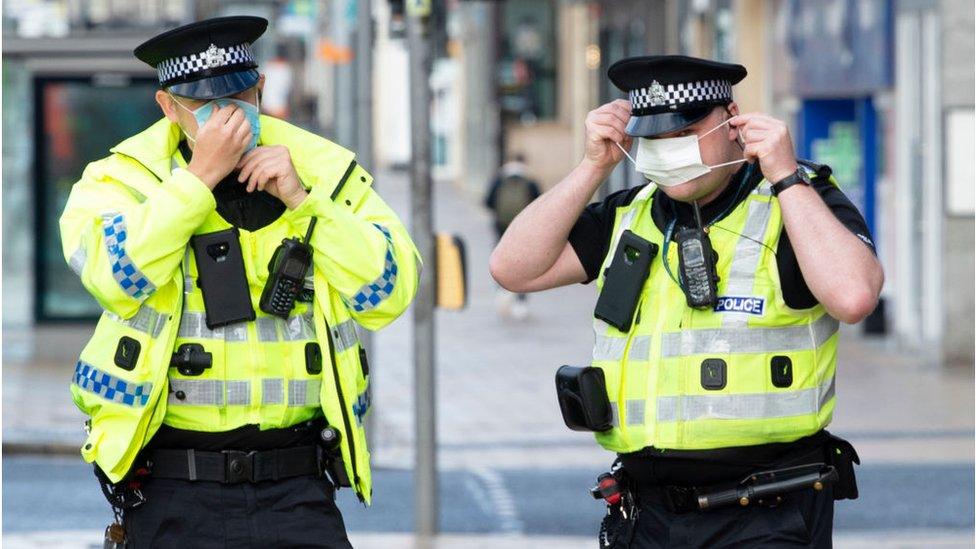
Police Federation chairman John Apter called the pay freeze a "disgrace"
John Apter, chairman of the Police Federation union, called the pay freeze a "kick in the teeth" for police officers.
"Rewarding those who have played a vital role in the fight against the virus with a pay freeze is nothing short of a disgrace," he said.
"A handful of officers will get the additional £250 for the lowest paid workers, but only those who are already on an appallingly low starting salary for the dangerous job they do."
'Body blow'
Dame Donna Kinnair, chief executive of the Royal College of Nursing, said nursing staff would oppose plans to freeze the pay of equally skilled professionals.
"Those working in social care and the community deserve a pay boost as much as their NHS colleagues."
Dr Mary Bousted, joint general secretary of the National Education Union, said the chancellor had delivered a "body blow" to staff in schools and colleges.
"Education workers are key workers who have kept the country going during the pandemic but pay cuts are their only reward from this government."

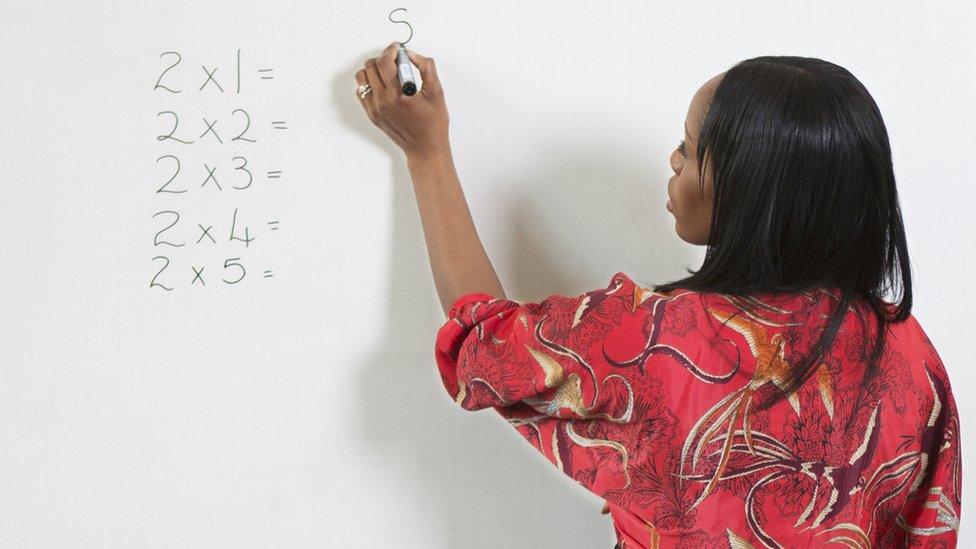
'Little respect for teachers'
Teacher Esme says she is not surprised the government is freezing pay for many workers.
"Clearly money will need to be clawed back from the damage to the economy, however the concern is how long for?"
She says it will have "quite an impact" on her as someone fairly new to the profession, after what has been an "incredibly challenging year in education".
"After getting barely any support, the proposal to freeze pay is another confirmation that the government has very little appreciation or respect for the profession, or those working within it."

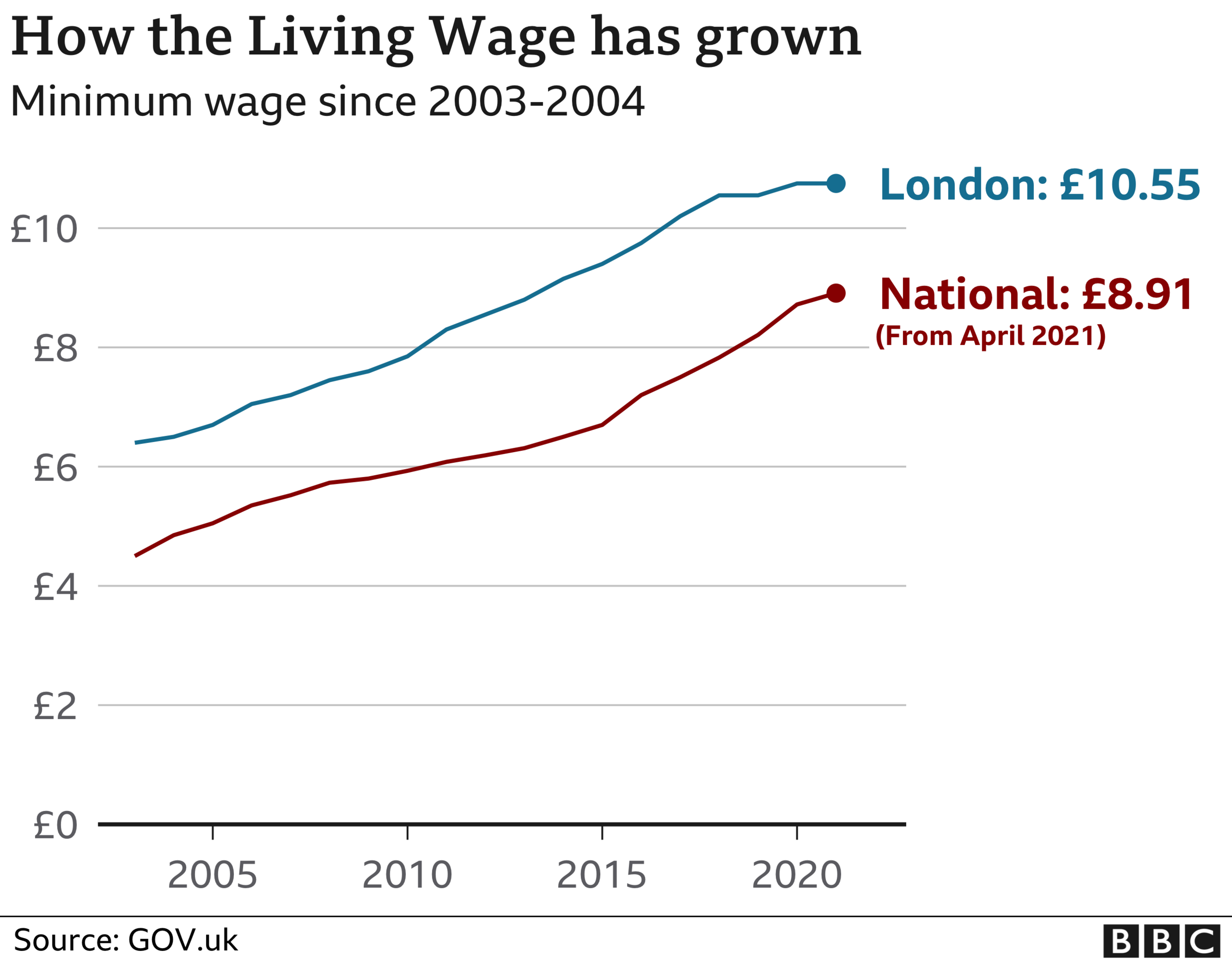
Living wage
At the end of last year, the Low Pay Commission - which advises the government on the National Living Wage wage - had said the rate would rise by 6% in April 2021.
But the commission has revised this down amid fears it would cost struggling businesses too much and damage jobs.
Mr Sunak said the plans would mean the average full-time worker on the rate will see their annual income rise by around £345 next year.
"Compared to 2016 when the policy was first introduced, that's a pay rise of over £4,000," he added.
He added that around two million people would benefit from the widened eligibility for the National Living Wage.
Bryan Sanderson, chair of the low pay commission, said: "Recommending minimum wage rates in the midst of an economic crisis coupled with a pandemic is a formidable task.
"We have opted for a prudent increase which consolidates the considerable progress of recent years and provides a base from which we can move towards the government's target over the next few years."
- Published25 November 2020
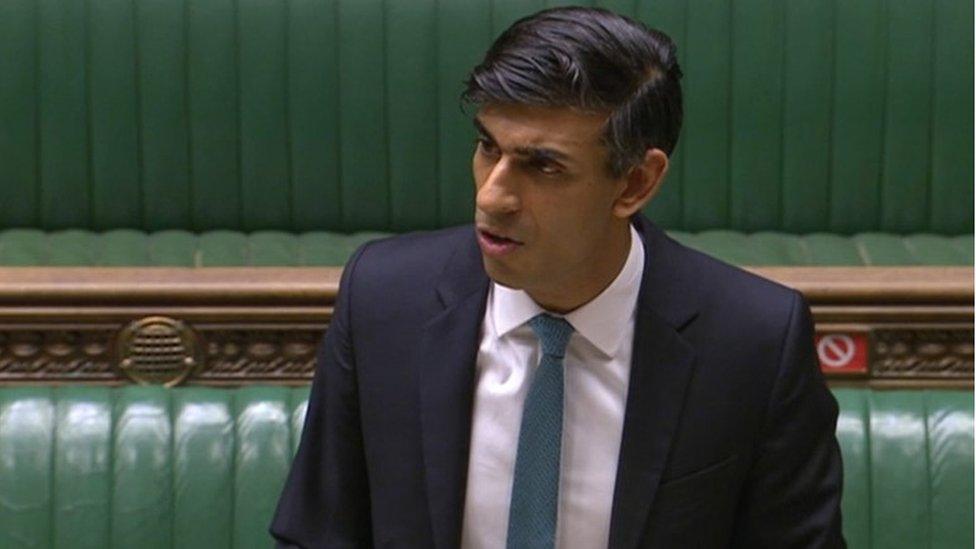
- Published25 November 2020
